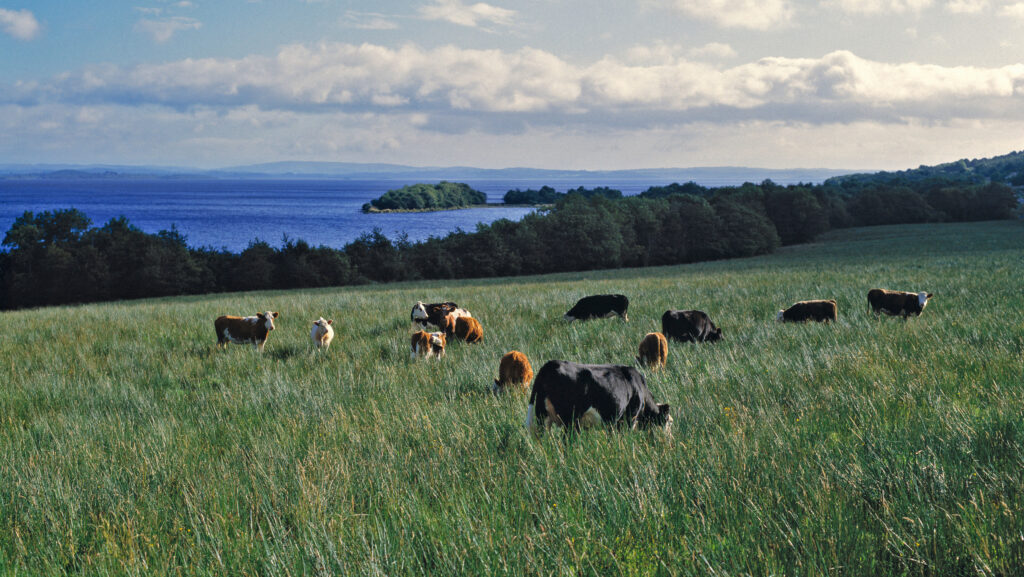BVD measures in Northern Ireland welcomed by union
 © Adobe Stock
© Adobe Stock The Ulster Farmers’ Union (UFU) has welcomed new bovine viral diarrhoea (BVD) measures, describing them as “crucial” to supporting the Northern Ireland (NI) livestock industry’s efforts to eliminate the disease.
Introduced by agriculture minister Andrew Muir and set to take effect from 1 February this year, the Bovine Viral Diarrhoea Control Order (Northern Ireland) 2024, grants the Department of Agriculture, Environment and Rural Affairs (Daera) the authority to impose herd restrictions in certain situations to manage BVD.
See also: Identify, treat and control BVD in your herd
UFU deputy president Glenn Cuddy said: “We welcome the new BVD measures that will be rolled out from 1 February this year.
“These changes are crucial in supporting the NI livestock industry to eradicate the disease once and for all.”
BVD is a widespread disease in cattle that can cause infertility, deformed calves, abortion, and negatively impact herd health and welfare, especially in young animals.
Herds affected by BVD can often see higher rates of calf pneumonia.
The new restrictions will be implemented progressively over a 16-month period.
Herds with animals testing “positive” or “inconclusive” for BVD will face movement restrictions.
However, a phased approach with grace periods will allow herd keepers to avoid restrictions by promptly removing or retesting affected animals within the first year.
From 1 June 2025, herds with animals of unknown BVD status will also face movement restrictions.
These will be rolled out in three stages, with the number of unknown-status animals allowed in a herd decreasing over 16 months.
Herd keepers already complying with existing testing rules won’t be affected.
In addition, cattle born before 1 March 2016 will now need to be tested for BVD unless they already have a negative status.
From 1 February 2026, movement restrictions will apply to all breeding-age females in herds with animals that test positive for BVD.
Commenting on the benefits of the upcoming restrictions, Mr Cuddy said: “To date, we have already made huge gains, but these measures will enable us to continue this positive work to achieve our end goal, benefiting family farms, improving animal health and welfare and our local environment.
“Swift identification and removal of persistently infected cattle is key to eradicating BVD and it is positive to see this being reflected within the legislation.
“The new measures announced by the Daera minister will help us to quickly remove infected animals, reducing the risk of further transmission.”
Mr Cuddy urged livestock farmers to familiarise themselves with the new BVD measures.
